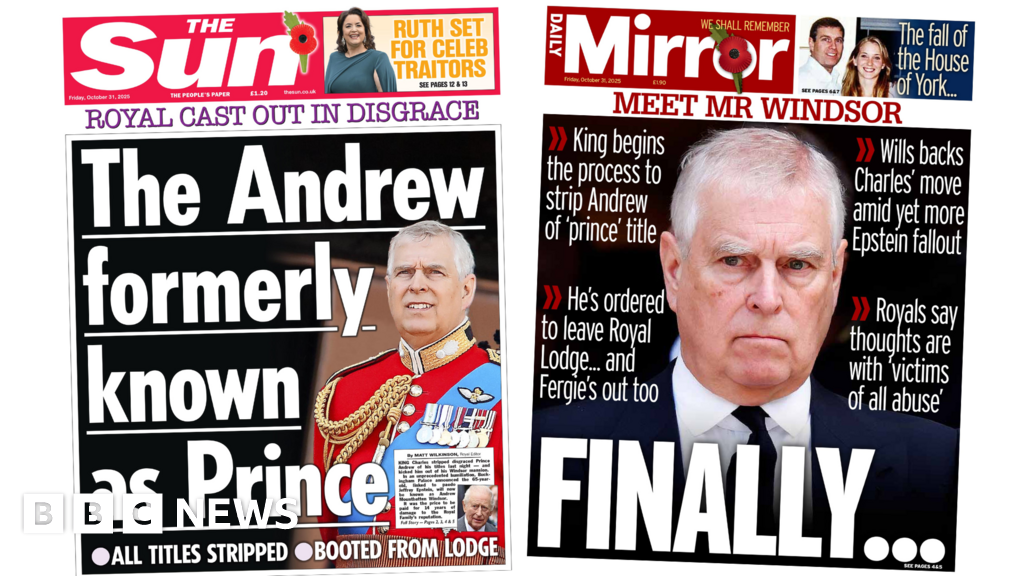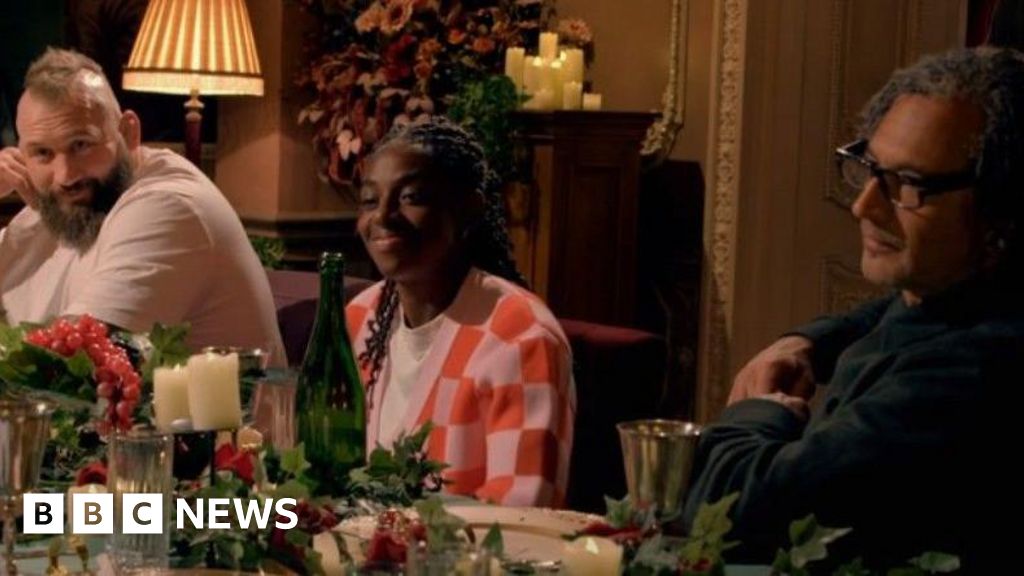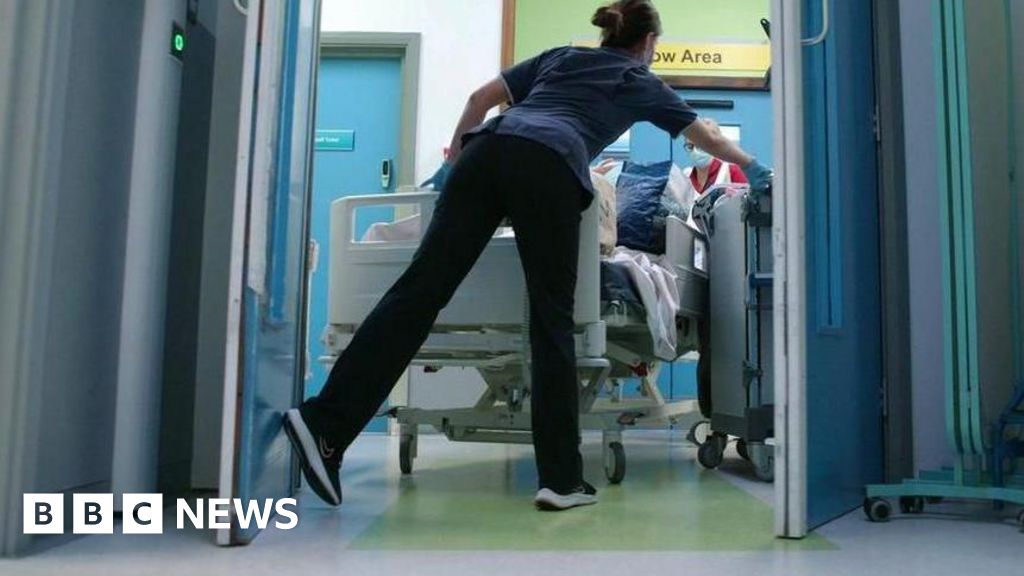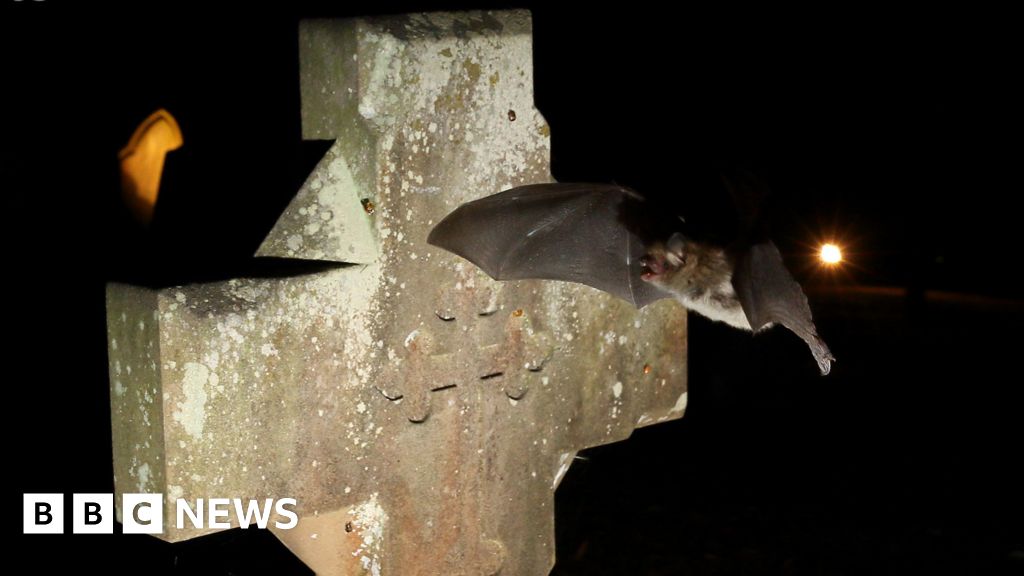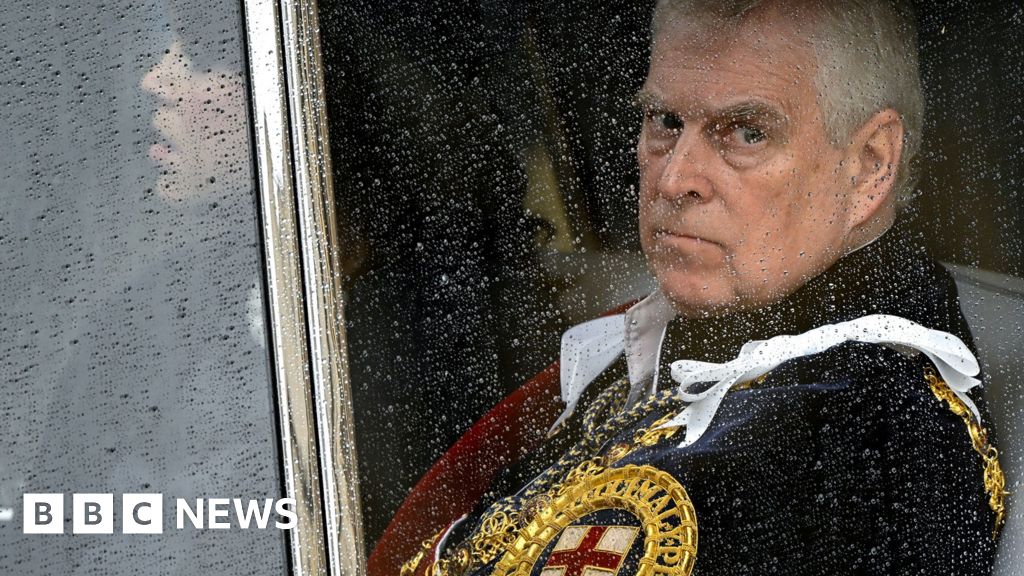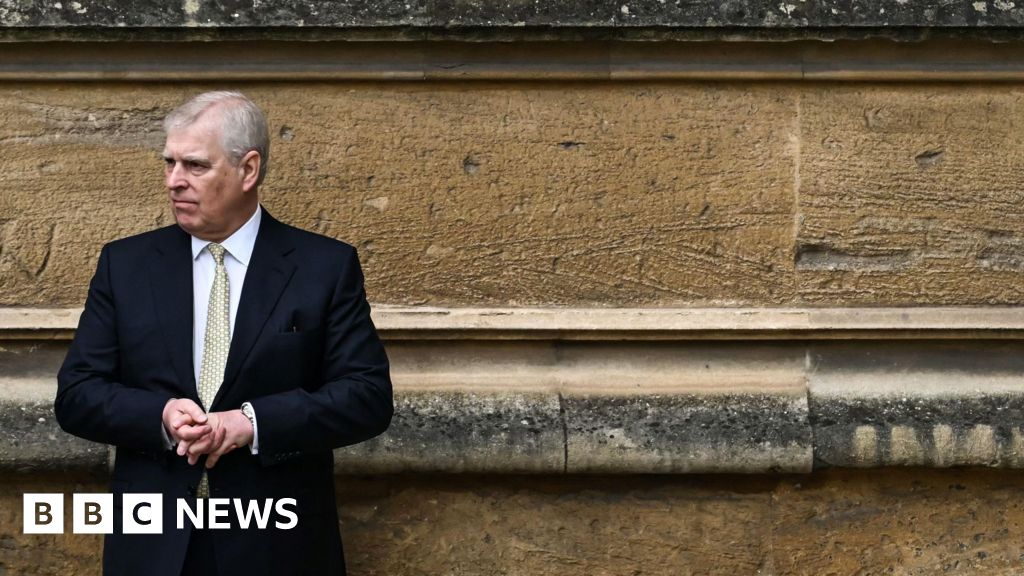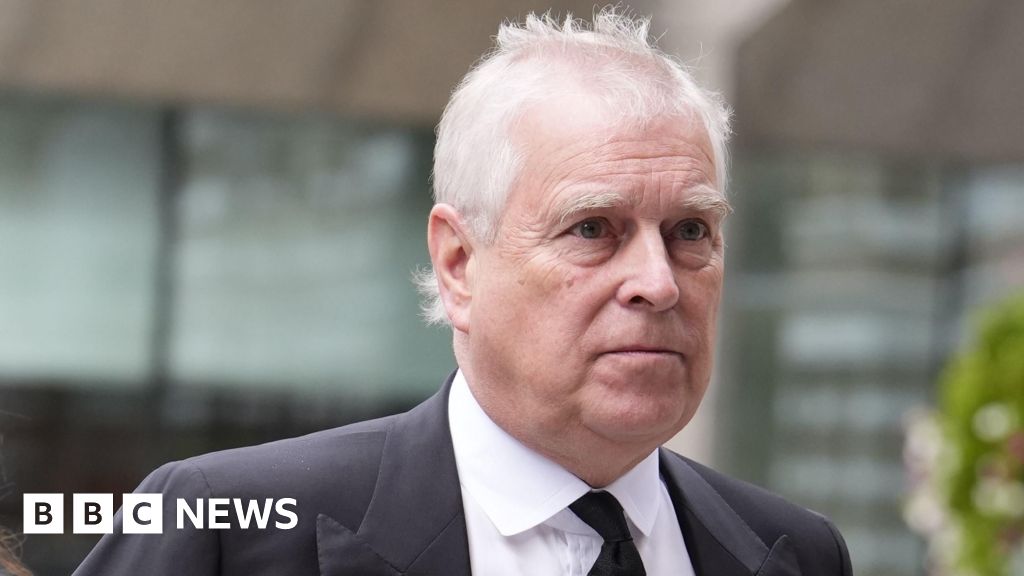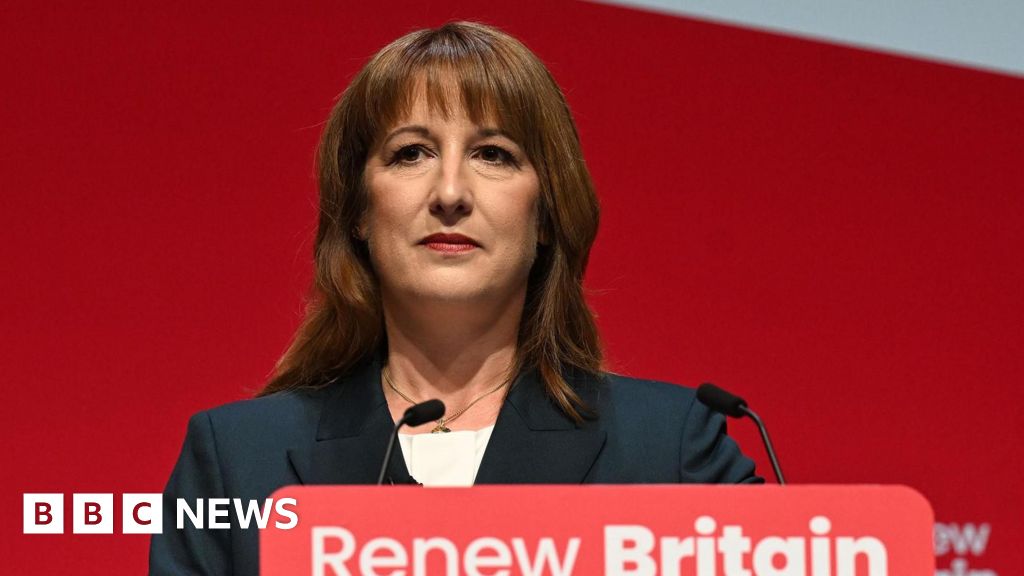Tarah Welsh
Housing reporter

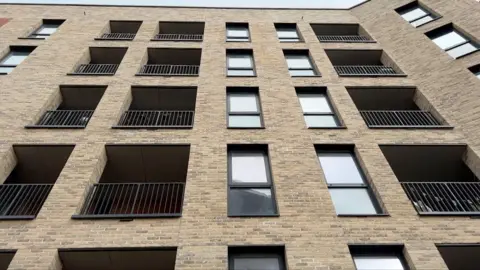 BBC
BBC
Leasehold campaigners say they don't feel represented in the legal challenge
A group of landowners is beginning a judicial review in the High Court to challenge the government's attempts to reform the freehold and leasehold system of property ownership.
Some of the country's wealthy landowners and two charities who own the freehold leases of thousands of properties - predominately flats - argue that legislation brought in by the last Conservative government contravenes their human rights.
They say the measures in a law passed in 2024 are contrary to their right to enjoy private property as enshrined in the European Convention of Human Rights (ECHR).
But leaseholders are concerned the hearing will hold up reforms, and complain their voices are not represented in court.

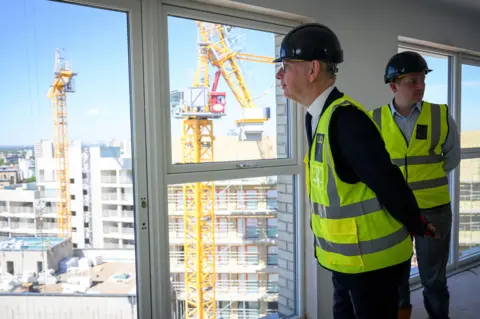 Reuters
Reuters
The legislation being challenged was brought in by Michael Gove
The hearing is set to start at the High Court from Tuesday and is expected to last until Friday.
When the Leasehold and Freehold Reform Act (LAFRA) was fast-tracked through Parliament before the 2024 general election, the prospect of new laws to "strengthen" rights of leasehold flat and house owners were widely welcomed by leasehold campaigners.
Among other things, the act aimed to simplify extending a lease - the owners' right to live in the dwelling - and buying a freehold. It would also make the process cheaper for leaseholders.
But several freeholders are challenging some aspects of the new laws concerning the price calculations for a lease extension.
In earlier court documents, it was claimed they could lose hundreds of millions of pounds and argue that the changes leave them without adequate compensation.
Some also argue it prevents them from investing in areas where their properties are and could impact the community and their charitable giving.
They also say that changing the way the amounts are calculated between leaseholders and freeholders would transfer the wealth to large landlords who own multiple flats in central London.
But leaseholders fear the legal challenge could hold up reform for years.
There are an estimated 4.5 million owners of leasehold properties in England and Wales. Scotland abolished leasehold in the 1980s, and the leasehold system in Northern Ireland is slightly different.
Phil Jones, 57, bought his two-bedroom leasehold flat in Westcliff-on-Sea 25 years ago. He recently found out that his ground rent doubles every 10 years and is now at £500 per year.
He said his freeholder said the ground rent could be scrapped if Phil paid £60,000, which he couldn't do.
He says this makes his flat unsellable because mortgage companies will not lend on a property with a doubling ground rent clause in its lease.
"Life is on hold," he said. "I'm trapped here. The effect it has on us, it's so unfair."
He questioned how the freeholders can bring such a case when the legislation has already been given Royal Assent, or become law.
"All parties have decided, it's all been passed, it was in the King's Speech, just do it," he said.

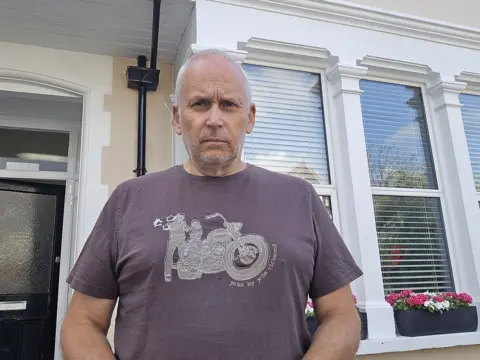 Phil Jones
Phil Jones
Phil Jones doesn't want reforms held up by legal argument
The legislation at the centre of the case was introduced when former Conservative minister Michael Gove was housing secretary. The Labour government has promised to go further but Mr Jones worries this will delay changes that could benefit him.
Labour has promised to abolish leasehold altogether by the end of the Parliament and bring in a commonhold model. It also wants to regulate ground rents.
But it still hasn't implemented all of the laws in LAFRA and says a new bill will be introduced later this year.
The government has been cautious about setting out hard deadlines while the legal challenge is pending.
Leasehold groups are also angry that their application to speak on behalf of flat owners was not allowed to be part of the case.
Harry Scoffin, founder of Free Leaseholders, said: "Despite our best efforts to intervene, not a single leaseholder voice will be heard at the High Court. Is this how democracy is supposed to run?
"We urge the government not to cave to this campaign of intimidation by rich vested interests and to press on to end the feudal leasehold system, as they promised in their manifesto."
There are six claimants representing a number of freeholders in the case, including the Cadogan group, a family owned company which has owned land in London for 300 years; the Grosvenor Group, owned by the Duke of Westminster and the John Lyon's Charity.

 Contributor
Contributor
Lynne Guyton says that under new laws, millions of pounds would be redirected from a children's charity to private wealth
The charity uses its revenue from property it owns to give grants to organisations that help under privileged children.
It says changes to the laws will have "unintended consequences" that actually benefit wealthy leaseholder landlords who own flats in its property portfolio in St John's Wood, while the charity will lose revenue.
The charity says it backs leasehold reform generally but is asking to be exempt from the changes.
CEO Dr Lynne Guyton said: "This reform pulls the rug out from underneath those who need the most support across the capital.
"Without an exemption, we will lose at least 10% of the charity's income. It will put educational, mental health, art, emotional support and youth programmes all at risk."

 PA
PA
Angela Rayner is responsible for steering housing reform through Parliament
The leasehold system dates back to the Middle Ages but the system as we know it came about in the 1920s.
Both the previous Conservative and the current Labour governments have called it "feudal" and vowed to reform it but campaigners say they've waited decades for change.
Deputy Prime Minister Angela Rayner told MPs on Monday: "This week the High Court will be hearing challenges to some of the [2024] Act enfranchisement reforms, and we'll be robustly defending those challenges, and we'll await the court's judgement."
The government said it could not comment further on ongoing litigation.
We contacted the other freeholders or their legal representatives for comment but did not get an official response.
Additional reporting by Phil Hendry



 3 months ago
76
3 months ago
76
